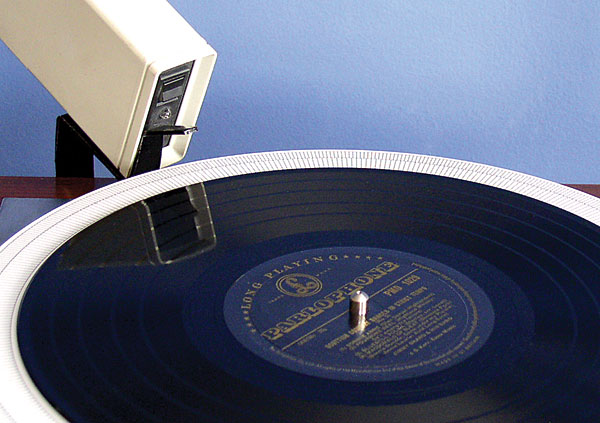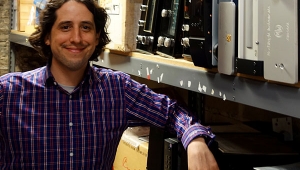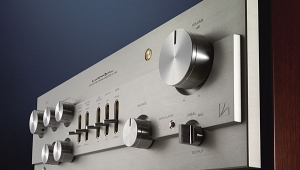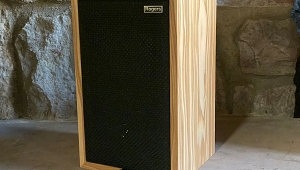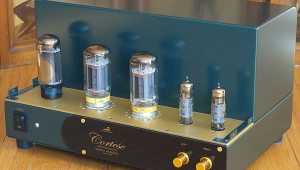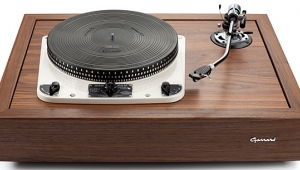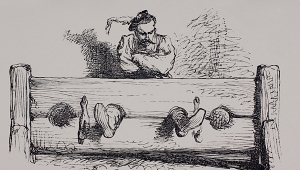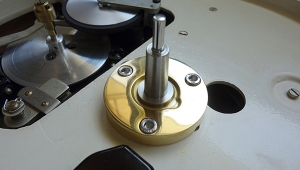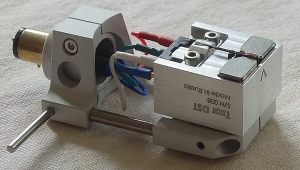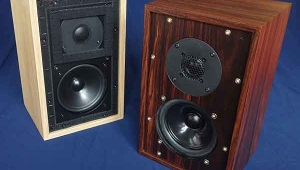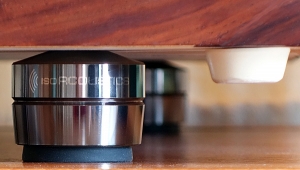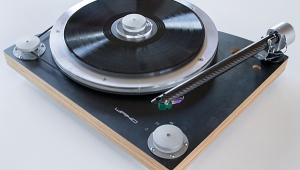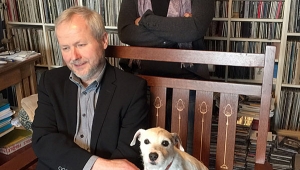| Columns Retired Columns & Blogs |
This is why I gave up on all my Linn gear; expensive upgrades that seem to go up in price every year. Rolexes go up every year as well yet you can substitute for something better (better movement) for a lot less. Same thing here, best move I ever made was to replace mine for a VPI, cheaper, sounds better and no springs going out of adjustment. Don't get me wrong it was and is a fabulous deck (the LP12) but a fully decked out Linn can be bested by something cheaper. Too bad, and I suspect the price increases from Linn over the years might reflect a shrinking market share. I hope I am wrong.
